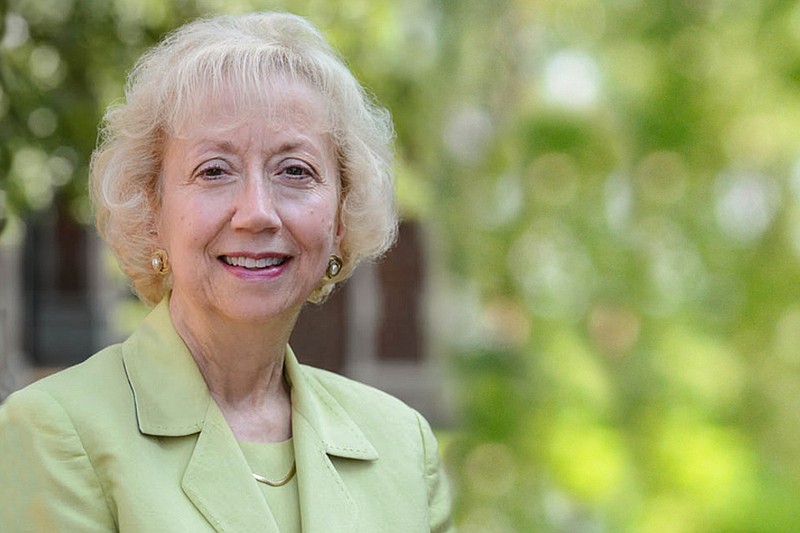Scores of members of the old guard are retiring at the University of Tennessee at Chattanooga this summer. The wave of retirements is happening without much fanfare, except for a few finger-food receptions around campus.
The university recently reported that 83 faculty and staff members have chosen to take early retirement, enticed by a lump sum payment equal to six months of salary. The university says the cost-cutting strategy is expected to save about $1 million a year.
Meanwhile, each of these soon-to-be retirees has a story.
Here is one that also happens to be instructional.
Jean Dake is about as rooted at UTC as a person can be. A member of the first freshman class at UTC after it joined the University of Tennessee system in 1969, Dake has been a student or employee at the school for most of her life. She will retire at the end of the month after a 40-year career there, most of it spent helping students find work after graduation.
Dake will step down June 30 as director of the UTC Career and Employment Center, arguably one of the most important offices on campus (although it has only three employees). Her institutional knowledge and her connections to Chattanooga's intricate web of employers are incalculable.
"I've loved my job," says Dake. "I get the joy of working with students, but I also work with employers in the real world."
After tailoring her life to fit the college calendar for 40 years, Dake allows that retirement may be a bit disorienting at first. But she plans to travel more and to do volunteer work.
Dake's career has spanned an interesting time in career placement. It started at a time when a baby boomer with a four-year degree was virtually assured of family wage employment for a lifetime. It ends in an era when a college diploma is just a ticket that gets you behind the velvet rope to compete for good jobs.
Back in the pre-Internet 1970s, when Dake's career started, a college placement office was a place to polish your resume and, perhaps more importantly, to tap into the referral network for local professional jobs. Most of the office's communication was done by mail or telephone, she says.
Now, job searches are often digitally based, although old-school strategies still seem to work.
As she prepares to pack up her office, we asked Dake for her best job-finding tips for this summer's college graduates and those still in school.
Here are four.
Networking
While online job applicants do sometimes find employment, many still land jobs through referrals from friends, family and co-workers. Too many of today's job-hunters want their resumes alone to do the heavy lifting, Dake says.
"A lot of us are realizing that it's still about the network," she said. "It's still about connections. Jobs don't just fall out of the sky because of technology."
Social media
In the old days, your hiring profile was built on records, references and reputation. Today, it is heavily influenced by social media, including the size of your LinkedIn network and the tone of your Facebook updates.
"Job candidates sometimes have crazy stuff on their social media that puts them in a poor light," Dake says flatly. "On the other hand, having a great LinkedIn account is important now."
Developing focus
Too many students still wait until they are deep into their college careers before they devote much energy to laying the groundwork for employability, Dake says.
She says students who dig out internships and begin forging relationships in the professional world as undergraduates fare much better when it comes time to find jobs.
"Our job is always to get students to think about jobs as freshmen, not just as seniors," she said.
Tenacity
The No. 1 trait of a good job-seeker is persistence, she said. Students who rely on passive job searches - applying online and then waiting for results - are often overlooked.
"You have to be tenacious in your job search," she says. "We teach that you can't sit back. It's hard to stand out when you are just one of 500 resumes in a database."
Contact Mark Kennedy at mkennedy@timesfree press.com or 423-757-6645. Follow him on Twitter @TFPCOLUMNIST. Subscribe to his Facebook updates at www.facebook.com/mkennedycolumnist.

